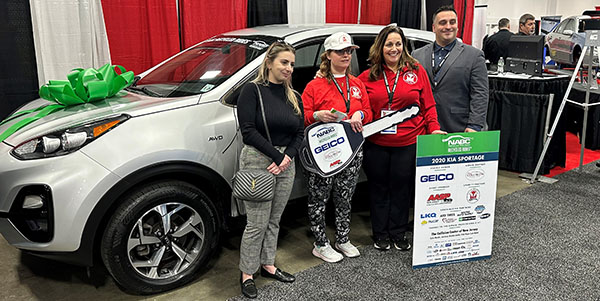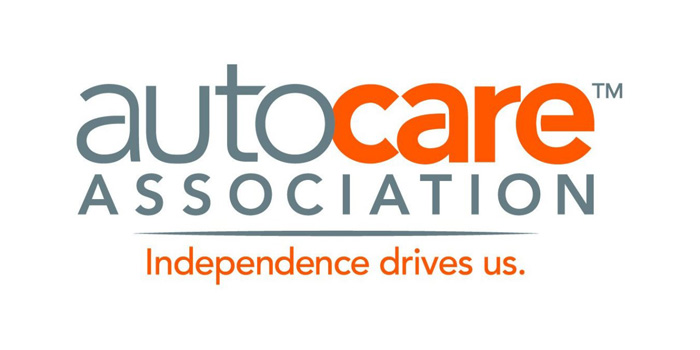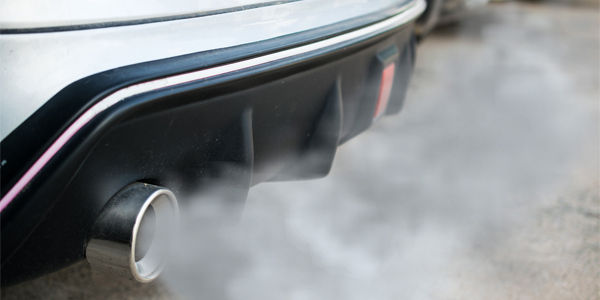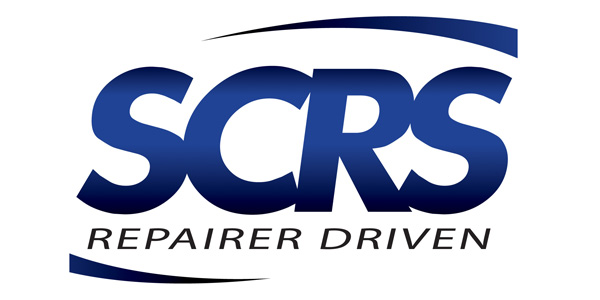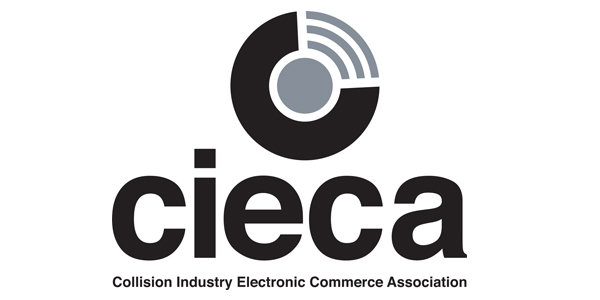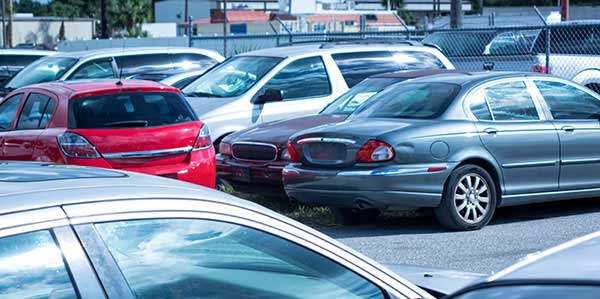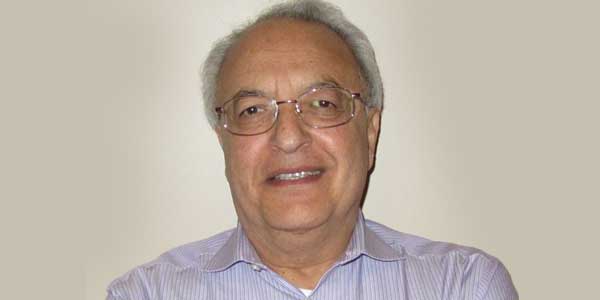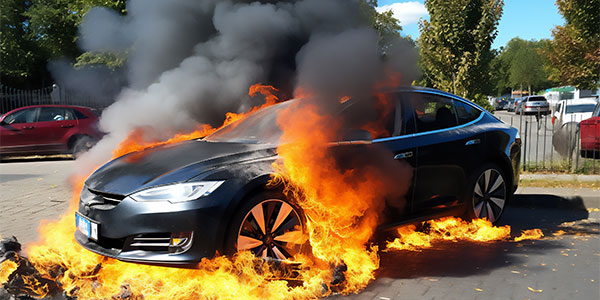Organizations representing the country’s independent automotive repairers, collision repair experts and leading automakers have inked a landmark agreement on automotive right-to-repair.
The commitment among the Automotive Service Association, Society of Collision Repair Specialists (SCRS) and Alliance for Automotive Innovation affirms a 2014 national agreement on automotive right-to-repair and states unequivocally that “independent repair facilities shall have access to the same diagnostic and repair information that auto manufacturers make available to authorized dealer networks.”
In a letter to Congress outlining this major automotive right-to-repair development, the coalition of repairers and automakers wrote: “This commitment was created with our mutual and valued customers in mind: vehicle owners. It affirms that consumers deserve access to safe and proper repairs throughout a vehicle’s life cycle [and] it is built to last because it anticipates changes in automotive technologies and market evolutions.”
Highlights of the new automotive right-to-repair agreement include:
- Access to diagnostic and repair information: Independent repair facilities shall continue to have access to the same diagnostic and repair information that auto manufacturers make available to authorized dealer networks. This applies to: telematics data needed to diagnose and repair a vehicle if not otherwise available, and all vehicle technologies and powertrains, including gasoline, diesel, fuel cell, electric battery, hybrid and plug-in hybrid electric powertrains.
- Education and training: A pledge to work together on education and training programs so mechanical and collision repair facilities are fully aware of exactly where and how to obtain repair information, including: directly through an automaker’s repair website; shared access points like OEM1Stop.com; third-party information providers, software and tools.
- Future advancements: As vehicle technologies and the corresponding demands on repairers evolve, the commitment ensures a level playing field and a forum to discuss future repairer needs as they develop.
As state legislatures and Congress consider automotive right-to-repair laws, including the REPAIR Act, the parties noted: “…independent repairers and automakers are not at odds on automotive data access, but rather in lockstep on this fundamental principle: consumers should have choice when it comes to repair options and the ability to have their vehicle serviced in well-equipped shops by well-trained technicians anytime, anywhere, anyplace.”
Automotive right-to-repair already exists:
- 70% of post-warranty automotive work today is handled by the independent repair community
- OEM1Stop.com was created by automakers for repair technicians to find repair and diagnostic information on most vehicles
- The Federal Trade Commission (the government’s top consumer protection and competition agency) has cited the automotive industry as an example of the repair aftermarket “working well”
“Consumers should absolutely be able to choose quality repairs, performed in accordance with the specific procedures detailed by the vehicle engineers,” said Amber Alley, chairman of the SCRS and manager of Barsotti’s Body and Fender in San Rafael, Calif. “They should have the right to be able to do so in an independent repair facility that has invested in the training, equipment and skillset development to meet the rigorous demands of sophisticated, modern vehicles. This expectation is achievable, and consumer options for repairs are not limited by automakers; quite the contrary. Consumers should have the right to a proper and safe repair, and this agreement reinforces the commitment that the entire industry will have the ability to train, equip their facilities and perform repairs as intended by the vehicle engineers.”
“ASA has been a steadfast advocate for the right of independent repair shops to vehicle service information since before the 2002 service information agreement it signed with automakers,” said Scott Benavidez, AMAM, board chairman of the Automotive Service Association and owner of Mr. B’s Paint & Body Shop Inc. in Albuquerque, New Mexico. “Since then, the cars Americans rely on have become increasingly sophisticated, and the rate of innovation will only accelerate. The way vehicle issues are diagnosed and repaired evolves in tandem with advancement. ASA is proud to have reached this new agreement with automakers because it ensures ASA members can diagnose and repair their customers’ vehicles without hinderance from telematics nor any other innovation. Most importantly, it maintains a competitive repair market that yields the highest quality safety outcomes at a fair price for drivers.”
Added Alliance for Automotive Innovation President and CEO John Bozzella, “Automakers support right to repair, and today’s independent auto repair market is working well with lots of competition. Auto repairers across the U.S. have access to the same repair and diagnostic information provided to auto dealers. It’s not just automakers who say this. It’s the Federal Trade Commission. And with today’s agreement, it’s also the thousands of independent auto repairers and small businesses in all 50 states who together with automakers have once again made this fundamental commitment to customers.”
Click here to read the agreement.


